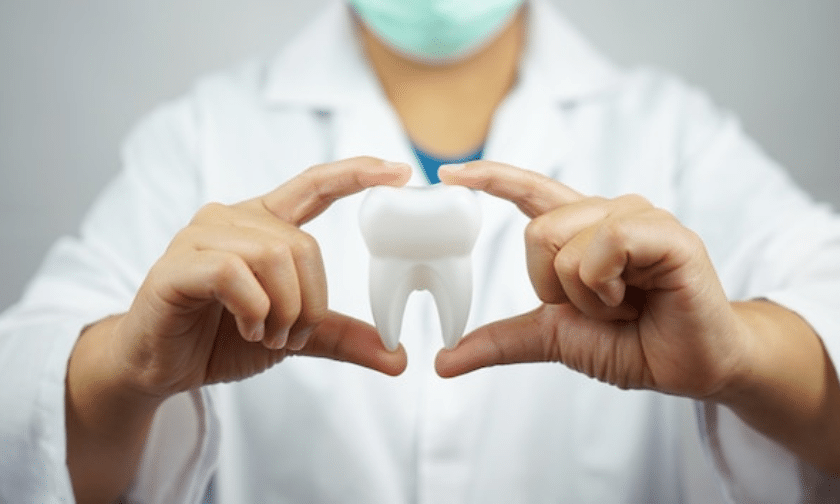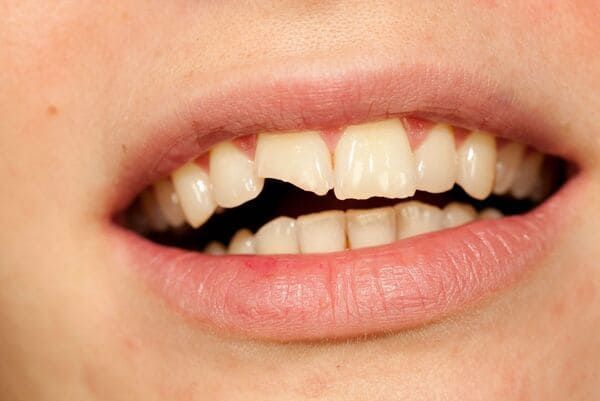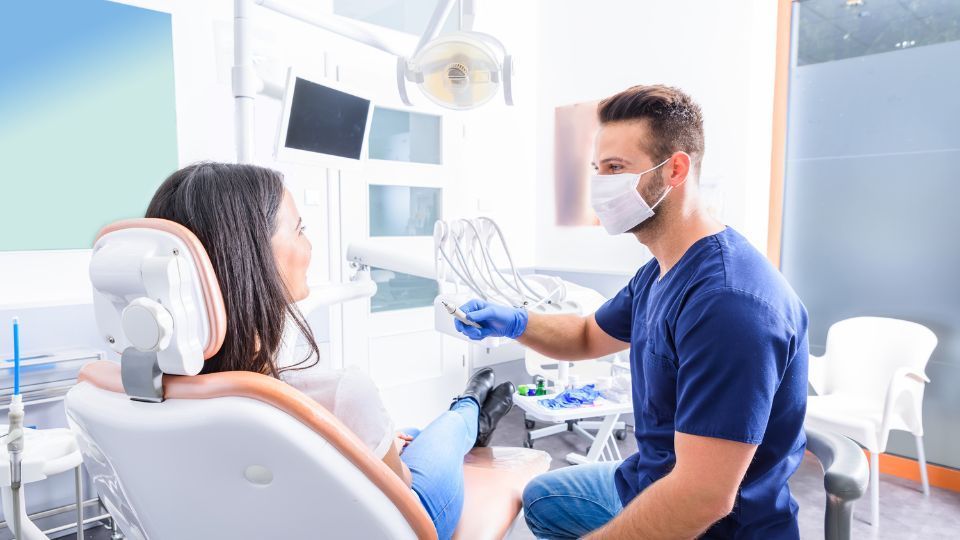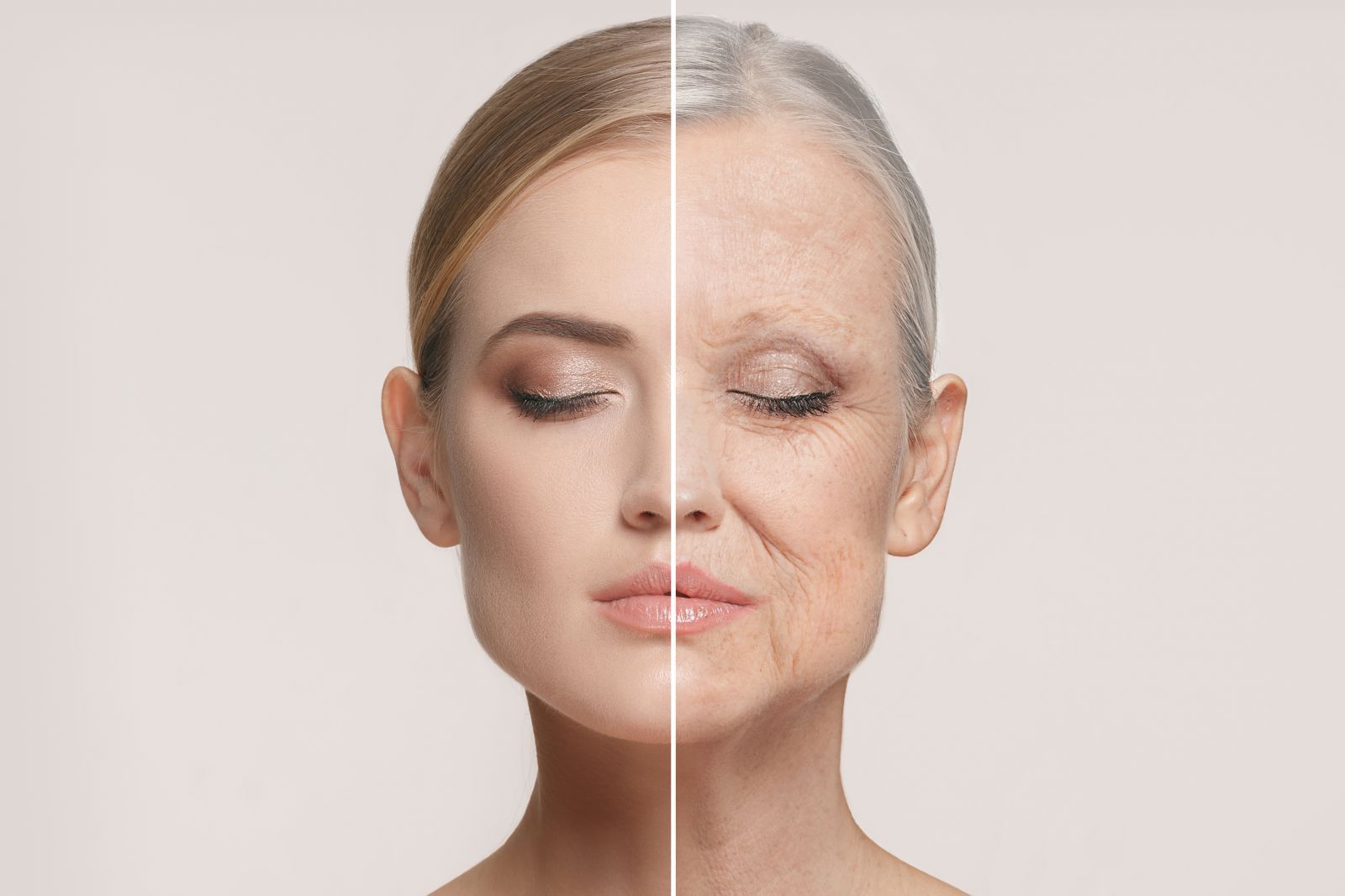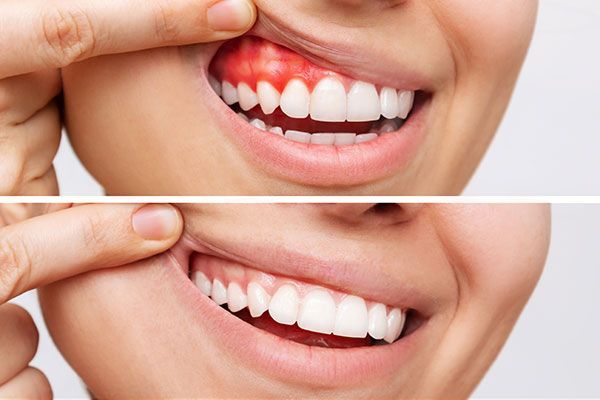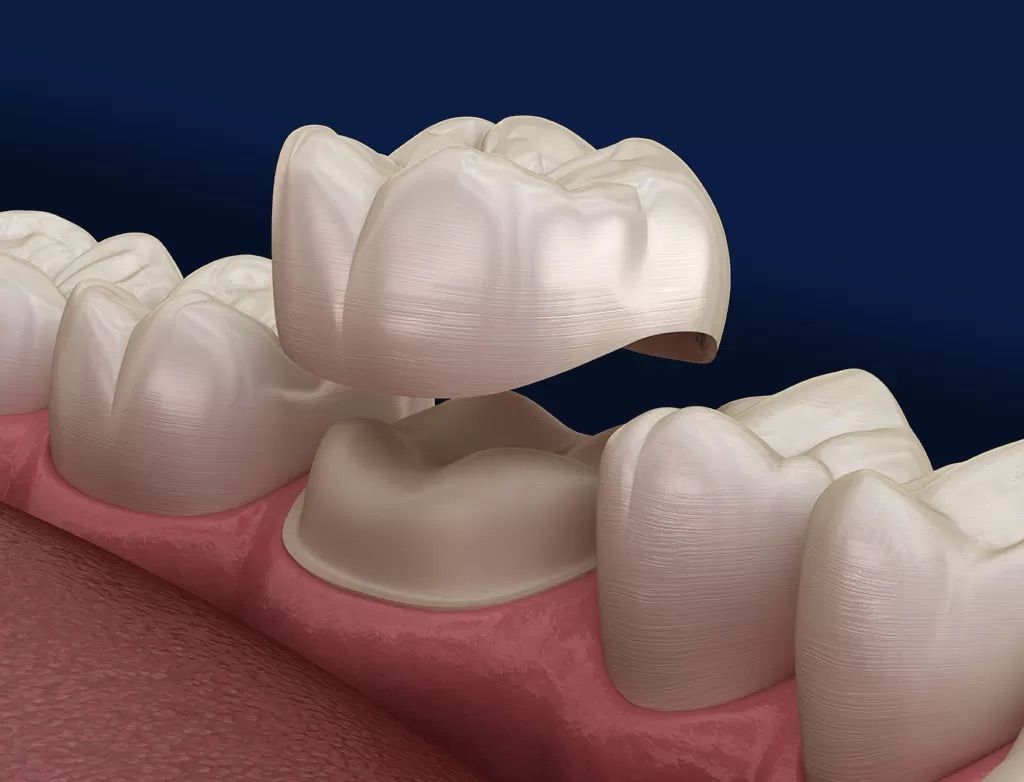Why Are Your Teeth Sensitive and What to Do About It
Tooth sensitivity can be a very unpleasant experience, mainly when it develops to no longer being able to enjoy your favorite foods and drinks. If you are boggled about why your teeth are so sensitive, this list of common causes may help you find the solution.
Causes of Tooth Sensitivity
1. Worn Tooth Enamel:
Over time, tooth enamel, the protective outer layer of teeth, can wear down due to aggressive brushing, acidic foods, or bruxism (teeth grinding). When the enamel thins, it exposes the underlying dentin, which contains nerve endings and increases sensitivity.
Toothpaste can even cause this. I have seen people stop using toothpaste, and their sensitivity has been completely resolved. The downside is surface staining of the teeth will occur more rapidly.
2. Gum Recession:
Receding gums expose the tooth roots. The roots have a less protective covering than enamel. This exposure can result from gum disease, aggressive brushing, or aging, making the teeth more susceptible to sensitivity.
3. Dental Cavities:
Cavities of tooth decay can compromise the integrity of the tooth structure. When decay reaches the sensitive inner layers of the tooth, it can cause discomfort, especially with hot, cold, and sweets.
4. Cracked or Chipped Teeth:
Trauma, teeth grinding, or biting into complex objects can lead to cracked or chipped teeth. These openings allow external stimuli to reach the tooth's nerve, causing sensitivity.
5. Dental Procedures:
Specific dental treatments, such as teeth whitening or dental fillings, can cause temporary sensitivity. However, this sensitivity typically diminishes over time.
Suggestions for Managing Tooth Sensitivity:
1. Switch to a Soft-Bristled Toothbrush:
Opt for a soft-bristled toothbrush to minimize abrasive effects on tooth enamel. Gentle brushing techniques can help maintain oral health without causing additional wear.
2. Use Toothpaste for Sensitive Teeth:
Specialized toothpaste designed for sensitive teeth can provide relief. These toothpaste varieties typically contain ingredients like potassium nitrate or strontium chloride, which help desensitize nerve endings in the teeth.
3. Avoid Acidic Foods and Beverages:
Reduce or eliminate problematic drinks that are hard on enamel, like sodas, and reduce acidic foods and beverages like citrus. Acidic substances can erode tooth enamel, exacerbating sensitivity.
4. Practice Good Oral Hygiene:
Consistent and proper oral hygiene is crucial for preventing and managing tooth sensitivity. Of course, you will hear all dental professionals kindly remind you to brush, floss, and maintain regular dental visits.
5. Address Teeth Grinding:
If teeth grinding (bruxism) contributes to sensitivity, a custom-fitted night guard may be your best action. This device helps protect the teeth from biting forces and minimizes enamel wear.
6. Treat Gum Disease:
Addressing gum disease through professional dental cleanings and improved oral hygiene can help prevent further gum recession and reduce tooth sensitivity.
7. Saliva Quality:
Our saliva naturally helps to remineralize our teeth to keep them strong. A healthy, balanced diet full of vitamins and minerals will help improve the quality of our saliva and overall health.
8. Dental Bonding or Sealants:
In cases where tooth sensitivity is caused by exposed dentin, dental bonding or sealants can be applied to cover and protect the sensitive areas, reducing discomfort.
Tooth sensitivity is common, but understanding its causes will reveal your best solution. If you are experiencing persistent sensitivity, a dentist can help find the underlying cause and develop a personalized treatment plan.
With quality oral hygiene practices and making lifestyle adjustments, individuals can often eliminate tooth sensitivity. So you can regain your comfort and enjoy the experience of eating and drinking again.
If you are experiencing sensitive teeth, we are a friendly dental office in Salem, MA; you can contact us here to schedule a consultation.


